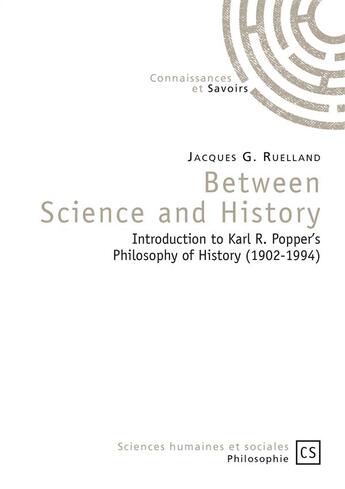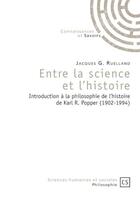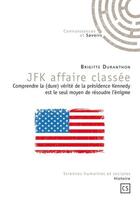Résumé:
This essay bridges the two wings of Popper's thinking, political philosophy and philosophy of science, thus steering a middle course between the two major receptions. It offers the double advantage of providing a faithful presentation of Popper's theses on the one hand, and of highlighting the... Voir plus
This essay bridges the two wings of Popper's thinking, political philosophy and philosophy of science, thus steering a middle course between the two major receptions. It offers the double advantage of providing a faithful presentation of Popper's theses on the one hand, and of highlighting the links between the « falsificationist » theory of science and the liberal political thinking which together form the only way to an understanding of Popper's attack on «historicism», particularly Marxism, in his "Poverty of Historicism". Popper's political philosophy is extremely aggressive, especially in « The Open Society and its Enemies », but makes an effort to stress the point of the controversies it has raised, to present the objections from the Anglo-Saxon camp itself, which are all but unknown to continental philosophy. In this way he facilitates an inquiry into the possibility of a critical application of Popper's theses on history.
Donner votre avis











